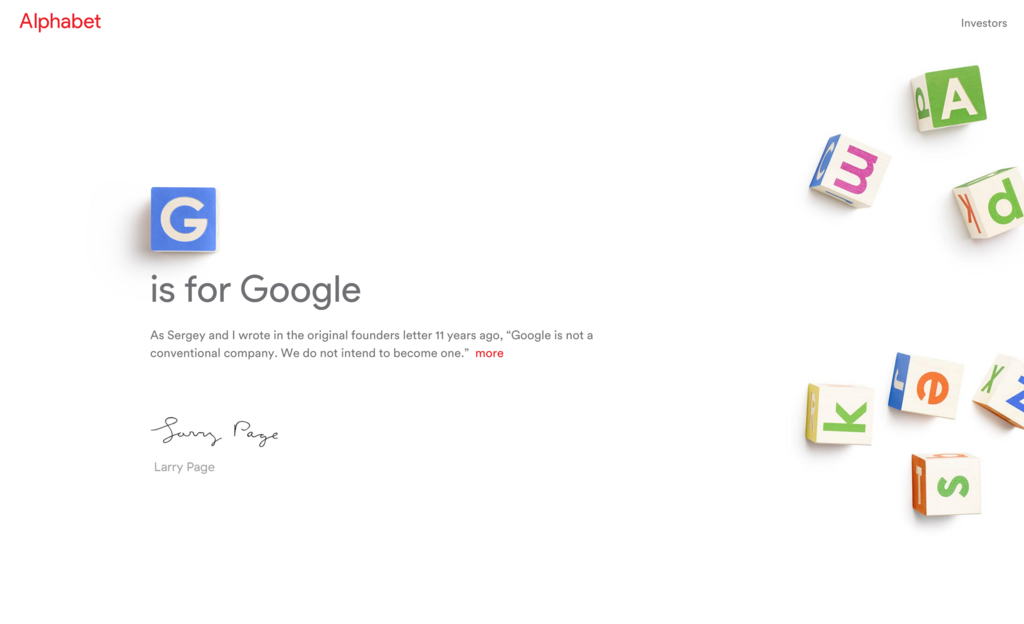The Importance of Culture
Making work rock or at least suck less
We spend a huge part of our lives at work. Since we spend a lot of our time working, it makes sense for a person to like what they do or at least work on something that we're willing to makes sacrifices for. It is surprising how many people in this world don't actually like what they do for a living. A huge part of this dislike can be attributed to working/corporate culture.
Being part of different organisations in these short 20 years of my life, I have experienced different working cultures, with each of them having their own significant impact on me. A lot of the time, the most important themes that I have noticed about working culture involves the mission of the organisation, the people I'm surrounded by, the values, and practices.
Mission, people, values, and practices
If you perform a Google search on the mission statement of any major company that interests you, you'll probably come up with some interesting results. You might find some really simple ones like the ones found here:

It doesn't take much to figure out that people can easily relate to these mission statements because they are simple, concise, and ultimately, good. It's undeniable that organising the world's information, eliminating Alzheimer's disease, or getting humans to colonise Mars one day are good things. These mission statements are also great because of what they don't mention. Terms like customers, shareholders, and profits are nowhere to be found unlike, for example with Procter & Gamble. Employees associated with the organisations then have a meaning to their work as their missions are less about profits or business goals but more about having a positive impact on the world. Deep down, nobody wants to just be another cog in a machine.
Values are at the core of any culture. While a mission expresses a company’s purpose, values offer a set of guidelines on the conduct and ethos required in order to achieve that mission. Yes, having a set of values and practising them matter. It matters especially when you are trying to accomplish your mission. Is it really success when you get something done but doing it misguidedly?

Putting values into practice to accomplish a mission doesn't have to mean having free gourmet food, crazy offices, or other various perks. It starts with the most basic things like sharing as much information with everyone or giving people a platform to channel their opinions. Being transparent and open is a large part of companies like Facebook and SpaceX. It's why even Mark Zuckerberg and Elon Musk have regular desks and cubicles respectively like other employees. Google encourages transparency through weekly TGIF meetings on Friday with their co-founders, Larry and Sergey, and other various execs where employees can ask them any question on just about anything. They also have the annual “Googlegeist” survey (response rate of 88% or more) to gather feedback from employees to solve the largest problems at the company.
People are the spine of any organisation or company and having great people surrouding you makes such a huge difference. From product managers to the CEO, the right people in any organisation will definitely make or break it. Take my medical school in Sheffield, in the UK, for example.
When treating others nicely is the norm, you'll be called out for doing otherwise
Entering a completely new environment is naturally a very daunting process. But I found it quite amazing how relatively easy it was to adjust to my new environment, which was largely due to being surrounded by the amazing people I now call my friends and colleagues. It's difficult to find distasteful people around (although people like that exist in any large organisation) because it's just unnatural be a horrid person when you are in a nice community. When treating others nicely is the norm, you'll be called out for doing otherwise.
There are other factors that influence culture at work but these few components can largely influence and shape any company or organisation. While work is still a large part of our lives, it doesn't necessarily have to suck.






